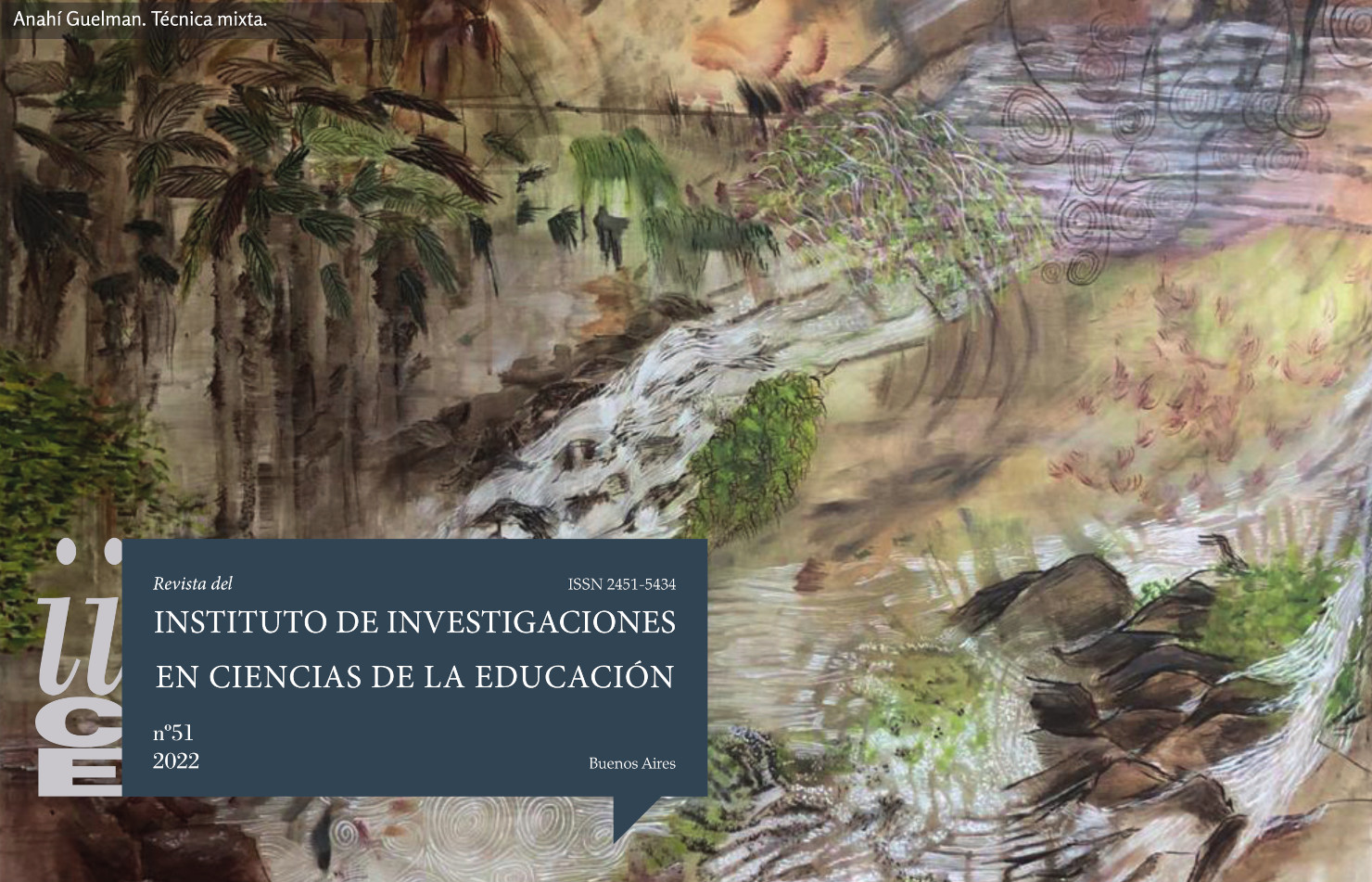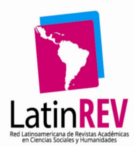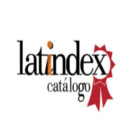Secondary school and pandemic: witnessing the schooling processes and enabling a look to novelty
Abstract
This article presents the results of a qualitative research, with a socio-anthropological perspective, which we are carrying out in public secondary schools in Córdoba city, Argentina. The objective of this research is to record and analyze, from a relational approach that considers macro and micro politics at different scales and levels, the schooling processes of young people and the institutional and organizing conditions of schools to accommodate them within the framework of the right to education and the compulsory nature of secondary schools approved in 2006. With the outbreak of the pandemic in 2020, the objectives of our research have been resituated to account for those processes in the new context. In this article, we share some notes that bear witness on the reorganization of school work to deal with this new situation and point out some difficulties and possibilities resorting to the words of school management teams. Likewise, we try to raise awareness on some registers that appear as emerging in school contexts influenced by the pandemic, such as school spaces.Downloads
References
Beltramino, L. (comp) (2020). Aprendizajes y prácticas educativas en las actuales condiciones de época: covid-19. Facultad de Filosofía y Humanidades. UNC. Disponible en: https://ffyh.unc.edu.ar/editorial/wp-content/uploads/sites/5/2020/12/APRENDIZAJES-Y-PRACTICAS-EDUCATIVAS-EN-LAS-ACTUALES-CONDICIONES-DE-EPOCA-COVID-19.pdf
Benjamin, W. (1998). El narrador. En Walter Benjamin, Para una crítica de la violencia y otros ensayos. Iluminaciones IV (pp.111-135). Madrid, España: Taurus.
Beverley, J. (2013). Testimonio, subalternidad y autoridad narrativa. En Norman K. Denzin & Yvonna S. Lincoln (Eds.), Estrategias de investigación cualitativa. Manual de Investigación cualitativa (Vol. III, pp.343-360). Barcelona, España: Gedisa.
Bocchio, M. C. (2020). El futuro llegó hace rato: pandemia y escolaridad remota en sectores populares de Córdoba, Argentina. Revista Internacional de Educación para la Justicia Social, 9 (3), pp. 1-10. Recuperado a partir de https://revistas.uam.es/riejs/article/view/12473
Castro, A. y Martino, A. (2021). Espacios, tiempos y presencialidad escolar. La pandemia y una oportunidad de repensar la escolaridad. Confluencia de Saberes, Año II (4), pp. 63-84. Disponible en: http://revele.uncoma.edu.ar/index.php/confluenciadesaberes/article/view/3079/pdf
Castro, A., y Serra, M. (2020). Espacio escolar y utopía universalizadora. Perfiles Educativos, 43(171), pp. 178-195.
https://doi.org/10.22201/iisue.24486167e.2021.171.59383
Dussel, I., Ferrante P. y Pulfer, D. (2020). Pensar la educación en tiempos de pandemia: entre la emergencia, el compromiso y la espera. Ciudad Autónoma de Buenos Aires, Argentina: UNIPE: Editorial Universitaria.
Escolano Benito, Agustín (2000). Tiempos y espacios para la escuela. Ensayos históricos. Madrid, España, Editorial Biblioteca Nueva.
Faraci, M. y Castro, A. (22 de julio de 2021) Espacialidad y Escuela Secundaria: cruces entre pedagogía, arquitectura y políticas públicas educativas. Charla en el marco del Ciclo: “Para habitar mejores escuelas”, Censo Nacional de Infraestructura – Ministerio de Educación de la Nación. Recuperado a partir de https://www.youtube.com/watch?v=RXQG7MajG3o
Kaufman, A. (2021) Prefacio. En Natalia Ortiz Maldonado, Destellos (pp.7-11). Córdoba, Argentina: Cielo Invertido Ediciones.
Lefebvre, H. (2013), La producción del espacio, Madrid, España: Capitán Swing.
Massey, D. (2005). La filosofía y la política de la espacialidad: algunas consideraciones. En Leonor Arfuch (comp.), Pensar este tiempo. Espacios, afectos, pertenencias (pp. 101-127). Buenos Aires, Argentina: Paidós.
Massey, D. (2008) Pelo Espaço. Uma Nova politica da espacialidades. Rio de Janeiro, Brasil: Editora Bertrand Brasil Ltda.
Terigi, F. (2020) Escolarización y pandemia: alteraciones, continuidades, desigualdades. REVCOM. Revista científica de la red de carreras de Comunicación Social, Número 11. Recuperado de https://doi.org/10.24215/24517836e039











